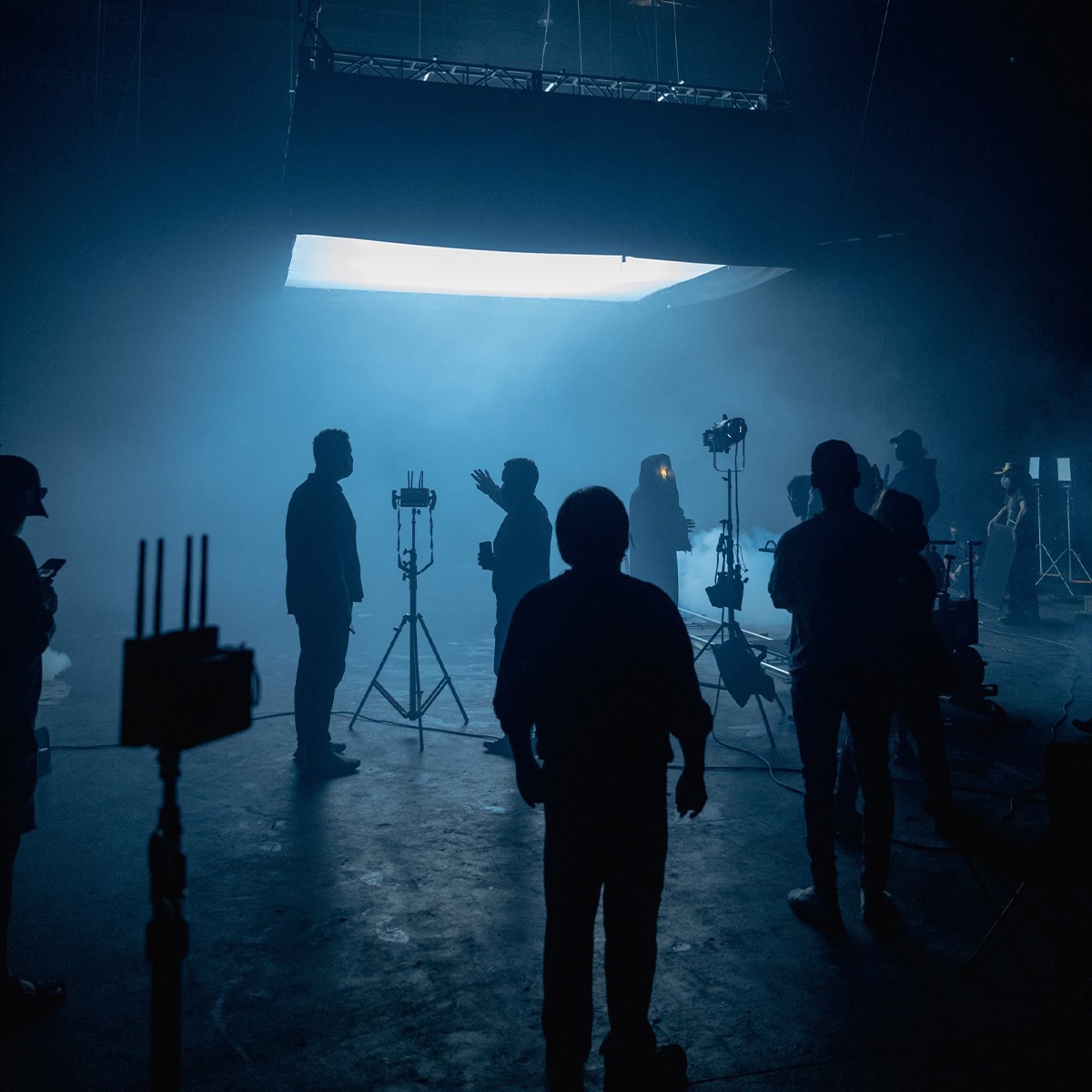Grip Department
Film Crew Position: Grip & Electric

What does a Grip & Electric do?
A Grip & Electric is a vital role within the film and television industry, serving as the backbone of the lighting and rigging departments. The position is a blend of two key responsibilities: grips, who are responsible for the setup, adjustment, and maintenance of production equipment on set, including dollies, tracks, and cranes; and electricians, who manage the electrical aspects, such as lighting fixtures and power distribution. These professionals work closely with the director of photography and gaffers to create the necessary lighting and camera setups to capture the desired shots.
What role does a Grip & Electric play?
The role of a Grip & Electric encompasses a range of tasks that are essential for the visual storytelling of a project. Grips are tasked with constructing and securing the equipment that supports cameras and modifies the lighting conditions, which may involve heavy lifting and precise adjustments. On the electric side, individuals ensure that the lighting envisioned by the cinematographer is executed flawlessly, managing everything from the placement of lights to the power sources that keep them running. Their collaborative efforts are crucial in setting the mood, style, and safety of a production.
Do you need to go to college to be a Grip & Electric?
While a college degree is not mandatory for becoming a Grip & Electric, some may find it beneficial to pursue a relevant field of study such as film production, cinematography, or electrical engineering. However, the most important prerequisites for this role are practical experience and on-set training. Aspiring grips and electricians usually start by working as assistants or trainees and gradually gain knowledge and experience through hands-on work and mentorship from seasoned professionals.
What skills do you need to be a Grip & Electric?
To excel as a Grip & Electric, one must have a combination of technical expertise and practical skills. This includes a strong understanding of camera equipment and lighting instruments, basic electrical knowledge, and the ability to problem-solve on the fly. Physical fitness and stamina are also important, as the job often requires lifting heavy gear and working long hours. Effective communication skills are essential to coordinate with various departments and ensure that the director's vision is translated into the visual narrative. Attention to detail, safety consciousness, and the ability to work well under pressure are crucial attributes for anyone in this role.
New to filmmaking?
Get Free Template
Use our budget template to get a kick start on your film project. Get access to dozens of templates no matter what type of project!
